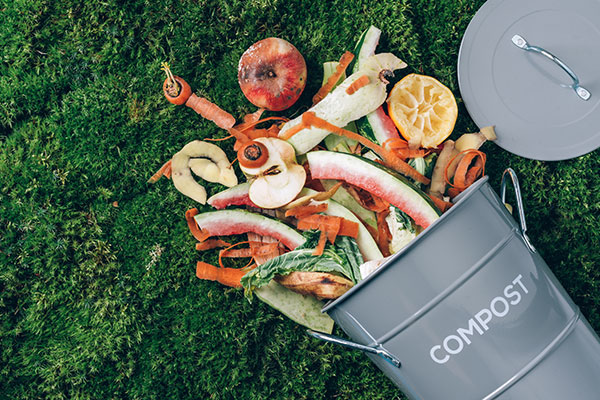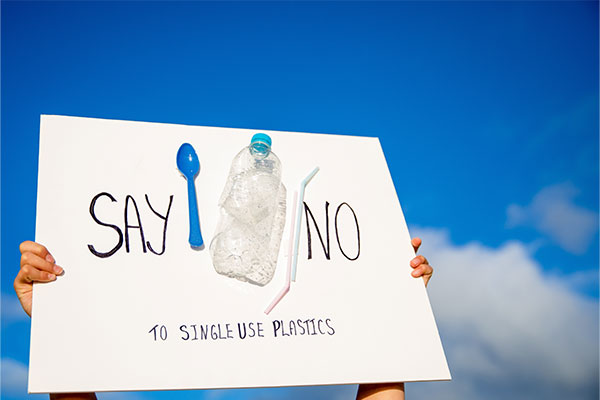RESPONSIBLE CONSUMPTION AND PRODUCTION.
Responsible Consumption and Production is one of the United Nations Sustainable Development Goals (SDGs) – Goal 12. It emphasizes promoting sustainable and efficient use of resources, minimizing waste generation, and adopting sustainable practices in production and consumption patterns. The goal aims to reduce the negative environmental impacts of human activities and ensure a more sustainable and equitable world.
Interventions to Address Responsible Consumption and Production:
Numerous interventions have been implemented globally to address responsible consumption and production:
- Circular Economy: Promoting the concept of a circular economy, where products, materials, and resources are used, recycled, and repurposed to minimize waste and maximize resource efficiency.
- Sustainable Production Practices: Encouraging industries to adopt cleaner production methods and technologies, reducing pollution and resource depletion.
- Waste Management: Implementing effective waste management systems to reduce landfilling, promote recycling, and encourage responsible disposal.
- Eco-Labeling: Introducing eco-labeling schemes to help consumers make informed choices by identifying products with lower environmental impacts.
Common Man's Role towards Responsible Consumption and Production:
The common man plays a significant role in promoting responsible consumption and production through individual actions and choices:
- Reduce, Reuse, Recycle: Follow the mantra of reducing waste, reusing items, and recycling materials wherever possible.
- Choose Sustainable Products: Opt for products with minimal packaging, eco-friendly materials, and long-lasting durability.
- Energy and Water Conservation: Conserve energy and water in daily activities to minimize resource consumption.
- Advocate for Responsible Brands: Support and promote brands that prioritize sustainability and ethical production practices.
Top 10 Actions for Common Man to Support Responsible Consumption and Production:
- Minimize Single-Use Plastics: Avoid single-use plastics and use reusable alternatives like bags, bottles, and containers.
- Buy Local: Support local businesses and products to reduce transportation-related emissions and promote the local economy.
- Reduce Food Waste: Plan meals carefully, store food properly, and compost organic waste to reduce food waste.
- Choose Sustainable Packaging: Opt for products with minimal or eco-friendly packaging, or packaging made from recycled materials.
- Conserve Water: Fix leaks, use water-saving appliances, and practice water-efficient habits at home.
- Repair and Repurpose: Repair and repurpose items instead of discarding them, extending their lifespan.
- Support Second-Hand Market: Purchase second-hand or pre-loved items to reduce demand for new resources.
- Energy-Efficient Appliances: Choose energy-efficient appliances and turn off electronics when not in use.
- Educate Others: Share knowledge about responsible consumption with friends, family, and communities.
- Influence Policy: Advocate for policies that promote responsible consumption and production at the local and national levels.
Responsible Consumption and Production are vital for creating a sustainable future. The common man's actions, such as reducing waste, supporting sustainable brands, and conserving resources, contribute to achieving this goal. By adopting responsible consumption habits, individuals can play a significant role in minimizing environmental impacts and fostering a more sustainable and equitable society. Together, our collective efforts in promoting responsible consumption and production can create positive environmental and social change, ensuring a better world for present and future generations.




